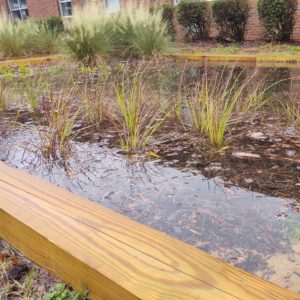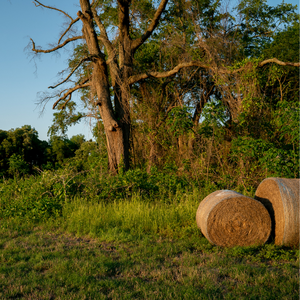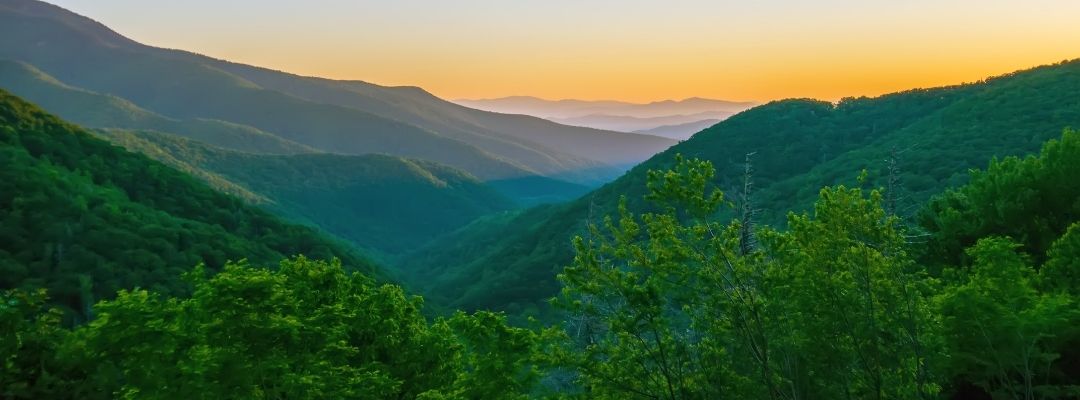CTNC is at the forefront of what conservation can mean to communities. We seed and test models, then guide them through expanded collaborations that often defy traditional land conservation boundaries.
Step by step, CTNC’s local collaboration is proving our power to energize a community, foster broad alliances, and provide vital capacity to help build true resilience. Leaders have noted the model of our collective work at the state, national, and international levels. Many fellow nonprofits – from national groups like Land Trust Alliance, The Conservation Fund, Environmental Defense Fund, and Audubon to local land trusts and community organizations – have reached out to learn from us and help form new partnerships.

Princeville Model for Climate Resilience
Simultaneously with CTNC’s local work in Princeville, we have fostered conversations and initiatives at the state level. Together with partners, CTNC is championing more ambitious efforts to plan for greater flooding-related resilience statewide. In the last legislative session, we collaborated on a growing advocacy effort that resulted in bipartisan support for $200 million in flood resilience funding, including $20 million for a state Flood Blueprint.
While pressing for these larger science-driven investments, CTNC has also continued to push for greater attention to local capacity to carry out resilience planning and implementation. Princeville is increasingly cited as a model for what will be needed at a much larger scale to bring to reality any plans mapped and articulated in Raleigh. We participate in multiple collaborative conversations with other conservation groups, state government officials, and consultants eager to incorporate our lessons into larger plans.

Leveraging Federal Service for Conservation Impact
One theme that has risen in volume is the lack of staff capacity within many local governments to participate fully in and benefit from federal and state programs to address flood resilience. We continue with our Resilience Corps NC AmeriCorps program, a program that can help fill those capacity gaps while supporting others who could expand beyond our reach.
Using our leadership role as an administrator of a statewide AmeriCorps service program, CTNC is marshaling the knowledge and collaborations necessary to propose an expanded resilience service corps that can begin solving community challenges. We commissioned a feasibility study of public and private partners throughout North Carolina to advise state leaders on the best structures, needed resources, and optimal roles Corps members could play in resilience assignments within communities across the state.

Addressing Involuntary Land Loss with North Carolina Families
CTNC has nurtured appropriate resources and collaborative efforts to achieve legislative protections for heirs property owners. Heirs' properties are at risk when multiple generations of owners have accumulated land without sufficient wills and titles. Under existing law, such properties can too easily be forced to be sold to developers for below market value. While certainly a source of land loss for people of color, it is a problem affecting many people and families across the state. Working with a diverse coalition of supporting organizations, including the Black Family Land Trust, Audubon North Carolina, the American Farmland Trust and many others, we are championing the adoption of the Uniform Partition of Heirs Property Act in North Carolina.
CTNC is where great ideas in conservation bloom. Read our latest news to see how we’re working to bring more innovation to conservation in North Carolina.


